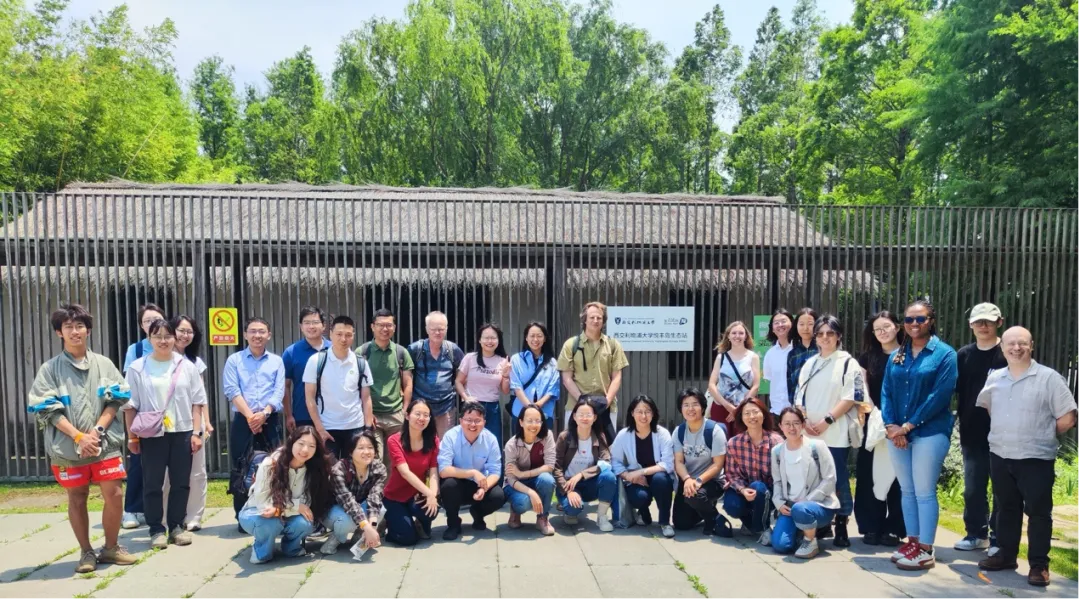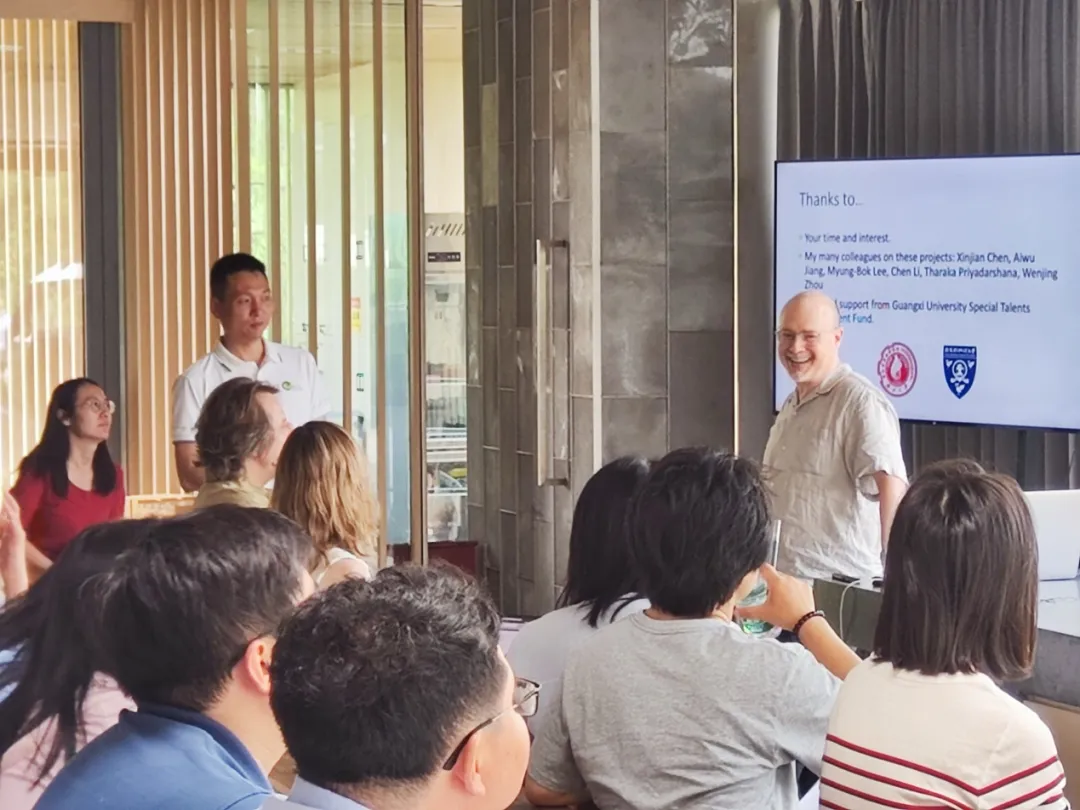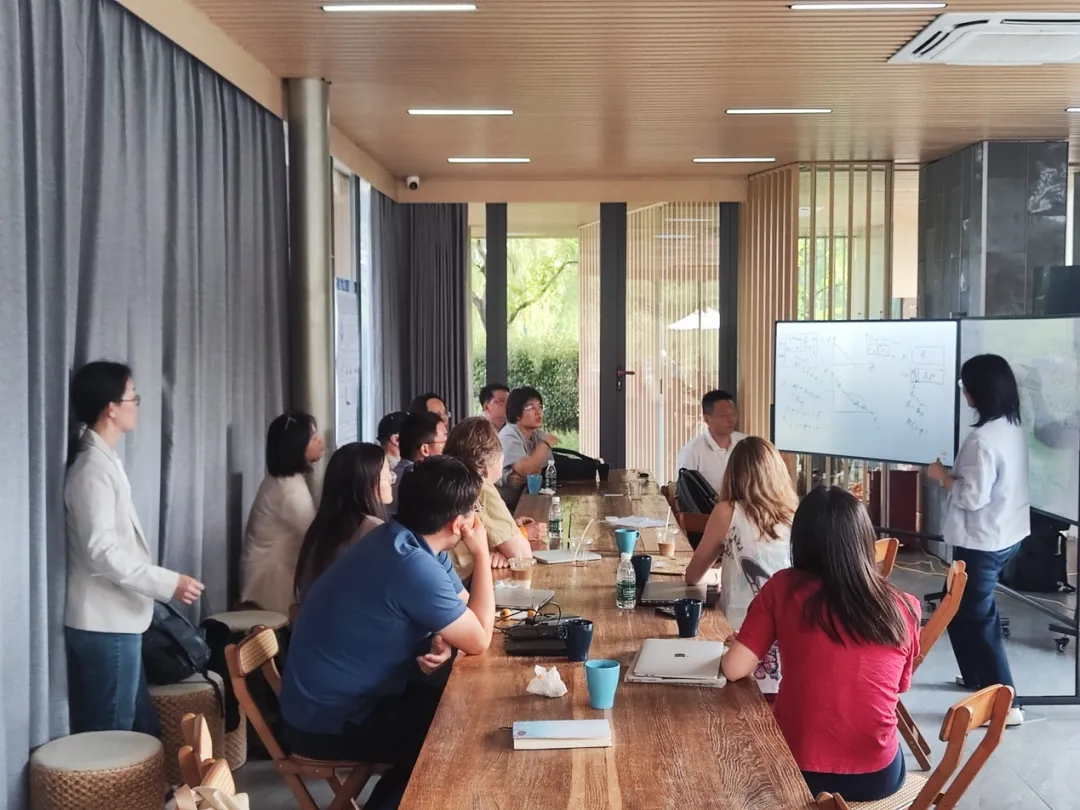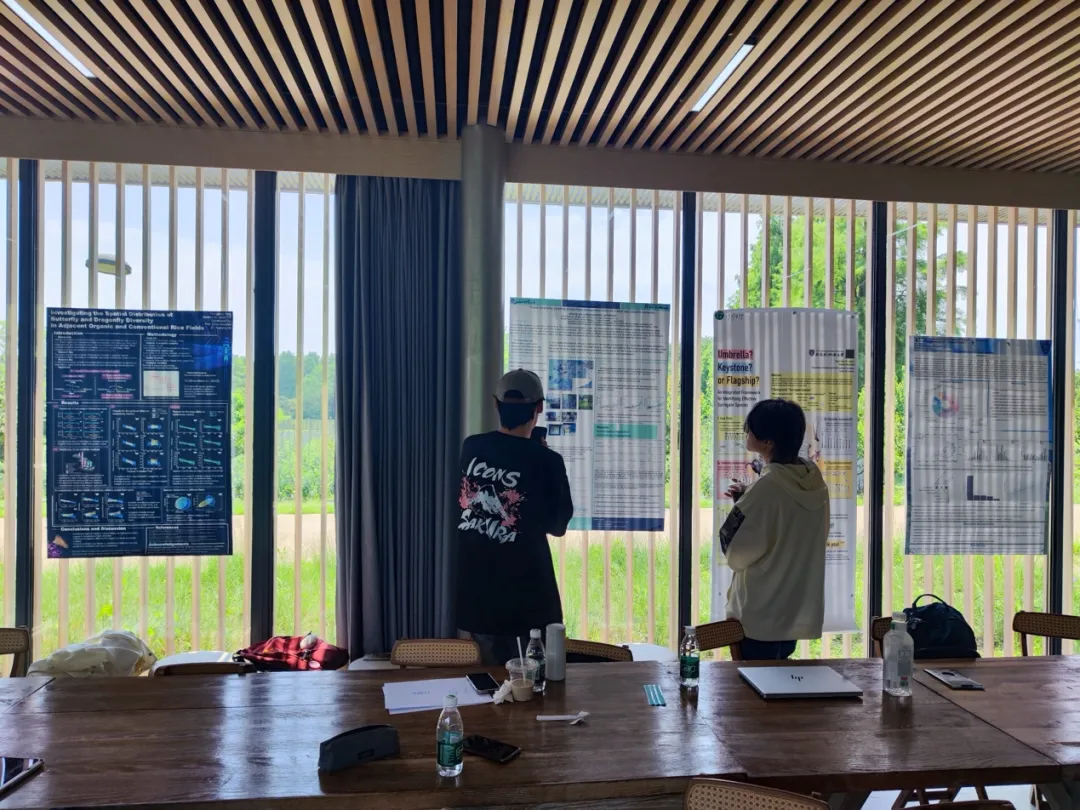18 Jun 2025
From May 24 to 25, 2025, the "Symposium on Land Sparing and Sharing in China's Biodiversity Conservation" was successfully held by faculty members from the Department of Health and Environmental Sciences (HES), School of Science (SCI) at Xi’an Jiaotong-Liverpool University Yuefengdao Ecology Station. Focusing on cutting-edge issues in biodiversity conservation, the symposium built an important platform for promoting the application of and sharing strategies in real-world scenarios.

Opening Remarks

Professor Eben Goodale, Head of the Department of Health and Environmental Sciences, School of Science, Xi’an Jiaotong-Liverpool University, delivered a welcome speech at the opening ceremony. He first reviewed China’s practical achievements in the "land sparing" strategy, such as the restoration of ecosystems through the construction of nature reserve networks and the Grain for Green Project. Meanwhile, he pointed out the importance of exploring the "land sharing" model to enhance the effectiveness of biodiversity conservation against the backdrop of rapid agricultural intensification and urbanization. He emphasized, "The two strategies are not mutually exclusive but require scientific research to clarify their spatial adaptability and socioeconomic feasibility." The speech also announced the two-prong core goals of the conference to: 1) establish interdisciplinary collaboration networks and 2) promote the transformation of theoretical research into policy recommendations.
Keynote Report Sessions

During the symposium, ten experts delivered insightful and wonderful reports on the topic from different dimensions. Professor Amael Borzee focused on the delicate balance of agricultural wetland ecosystems in East Asia, revealing the complex relationship between human activities and amphibian habitat use. Professor Eben Goodale’s team shared successful practices in crop heterogeneity planting in Guangxi, achieving a win-win situation for biodiversity and farmers’ income. Associate Professor Yang Fengping focused on urban green spaces and proposed a new concept of nature-based lawn transformation. Assistant Professor He Xueqing deeply analyzed innovative models of land sharing in paddy field ecosystems. Assistant Professor Li Juan and Associate Professor Zou Yi discussed the impacts of agricultural models in protected areas on biodiversity and food security from a global perspective and quantitative analysis, as well as scientific evaluation methods for land use strategies. Dr. Noëlle Klein shared valuable experiences from a comparative study of agricultural landscapes between China and Switzerland. Associate Professors Yu Ruipeng and Duan Meichun introduced practical achievements of intercropping models in Northwest China and agricultural strategies in Southwest mountainous areas, respectively. Assistant Professor Li Li re-examined the dynamic balance between grassland grazing intensity and protection strategies. These reports comprehensively and multi-dimensionally enriched the theoretical and practical systems of land sparing and sharing strategies.
Student Poster Presentations

Four students showcased their excellent research achievements on land sharing in fields such as urban organic and conventional agriculture, flagship species in wildlife conservation, and ecological policy evaluation, engaging in interactive discussions with experts.
Discussions on Land Sparing and Sharing
Participants discussed the dual challenges faced by China as a populous country: 1) protecting ecological diversity while 2) ensuring food security and living spaces. They noted that current policies such as the Grain for Green Project and ecological conservation red lines emphasize the "land sparing" model, while focusing on exploring applicable scenarios for "land sharing": In densely populated areas such as agricultural main production regions, urbanized areas, and eco-production transition zones, how to achieve synergistic development of biodiversity conservation, agricultural income improvement, and urban ecological optimization through methods such as crop heterogeneity planting, composite utilization of urban green spaces, and dynamic grazing management.
On the afternoon of the May 24th, participants visited the Xi’an Jiaotong-Liverpool University Yuefengdao Ecology Station, and on the morning of the May 25th, they visited the main campus of Xi’an Jiaotong-Liverpool University.
Content from:Dr Xueqing He
Review:Professor John Moraros
18 Jun 2025








